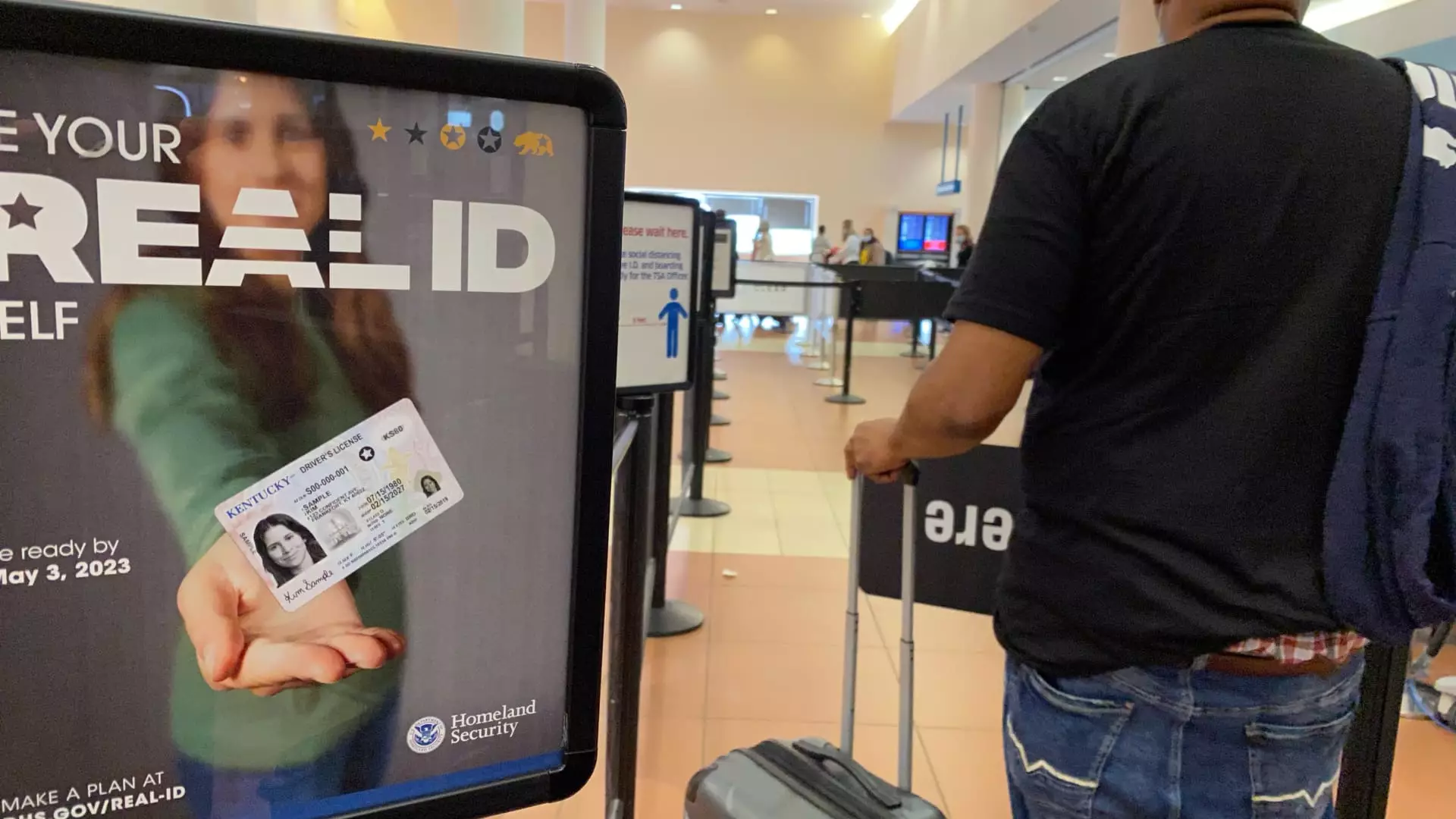Time is running out for travelers in the United States, as the looming deadline for Real ID enforcement has arrived. Starting May 7, travelers must produce a Real ID-compliant license or an alternative approved form of identification, such as a passport, to successfully navigate airport security for domestic flights. Many may not realize the critical importance of this requirement in the context of our national safety protocol. It’s not merely a bureaucratic hassle; it’s a security measure born from tragedy.
In the wake of September 11, 2001, we witnessed how easy it was for terrorists to exploit gaps in our identification systems. The Real ID Act, passed in 2005, sought to close those gaps by mandating stricter measures for identification at airports. While some folks might dismiss these requirements as governmental overreach, I believe they are a necessary evolution of our security protocols, ensuring that we know who is boarding our planes. Ignoring this reality can lead to significant disruptions when trying to travel within our own borders.
The Mixed Bag of Readiness: State Variance Matters
According to the Transportation Security Administration (TSA), a staggering 81% of travelers currently possess Real ID-compliant identification. However, this percentage masks an uncomfortable truth: availability varies significantly from state to state. In places where the push for Real ID has less momentum, individuals are at risk of being caught off guard by this impending change. State officials have been urging residents to act quickly to secure appointments at their local motor vehicle departments, and many are reporting challenges in finding dates as the deadline approaches.
This unequal readiness exposes a fundamental injustice in our system. Citizens in states that have adequately prepared for Real ID are ensured smoother travel experiences, while those in less proactive regions may face unfair penalties. This discrepancy is unacceptable and raises questions about how we can create a more uniform system that prioritizes security without tripping up honest citizens.
Airlines: The Unsung Heroes of Communication
Airlines have taken it upon themselves to remind passengers about the new identification requirements. Frontier Airlines, for instance, prominently displays a warning on its website, signaling their commitment to customer awareness. This effort deserves recognition, as private entities should play an active role in ensuring that travelers are informed about government mandates. Yet, one begs the question: why haven’t airlines done more?
Customer communications can be enhanced to include pre-travel notifications through app alerts or text messages, equipping passengers with direct reminders of the importance of Real ID compliance. A proactive approach may significantly alleviate the burden on TSA officers who will inevitably face frantic travelers at airport checkpoints come May 7. In an era where technology can facilitate seamless communication, it’s disappointing to see the gap between potential and execution widen.
Beyond the Basics: The Implications of Non-Compliance
For those who find themselves unable to obtain a Real ID by the deadline, the TSA has outlined alternative options, including passports and trusted traveler IDs. However, it’s essential to recognize the complications that arise if a traveler arrives without proper identification. Reports of delays and heightened screening processes should serve as clear warnings against complacency.
The TSA has urged that travelers arrive three hours prior to their flights if they lack a compliant ID. This recommendation is not simply a bureaucratic precaution; it underscores the gravity of identity verification as a ‘lynchpin’ in our safety net. Those who fail to heed this advice may find themselves grappling with unnecessary stress on what should be an exciting experience. The potential for being turned away at checkpoints serves as a harsh reminder that in today’s world, security has to be prioritized.
The Power of Compliance: A Collective Responsibility
It ultimately falls upon all of us as travelers, citizens, and community members to take compliance seriously. Advocacy for improved information dissemination should not solely fall upon government agencies or airlines; as a society, we must cultivate a culture of awareness regarding travel protocols. Governments should strive for transparency in communicating necessary actions, while airlines must heighten their roles as responsible informers.
Embracing Real ID compliance is not just about meeting a requirement; it is about reinforcing our collective commitment to national security. As we prepare to travel in a post-pandemic world, let’s be vigilant, responsible, and ready to face the new travel landscape with a cooperative spirit—because our safety depends on it.


Leave a Reply